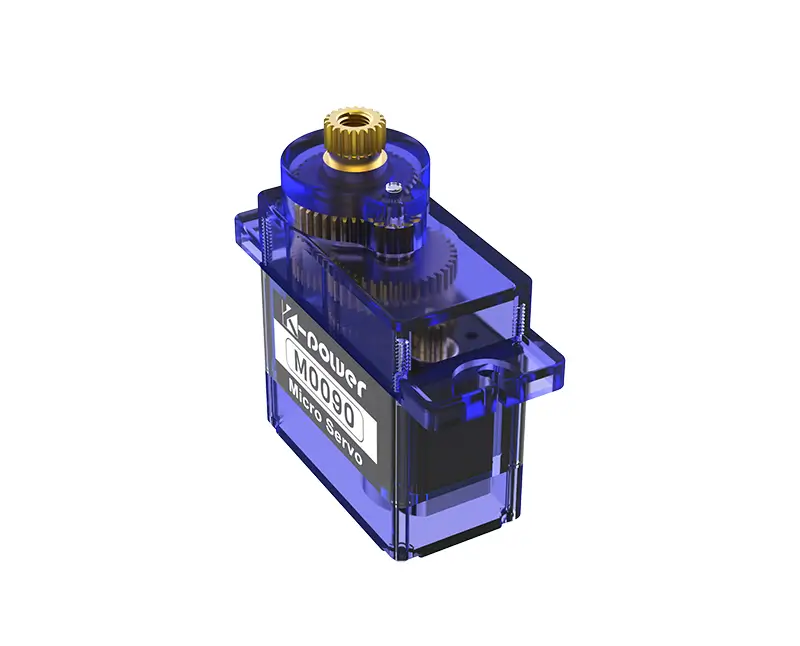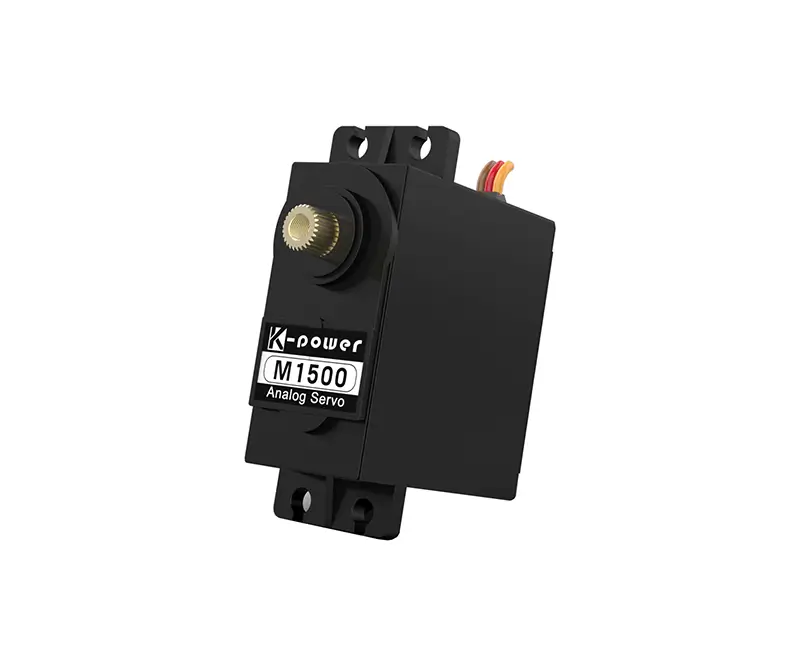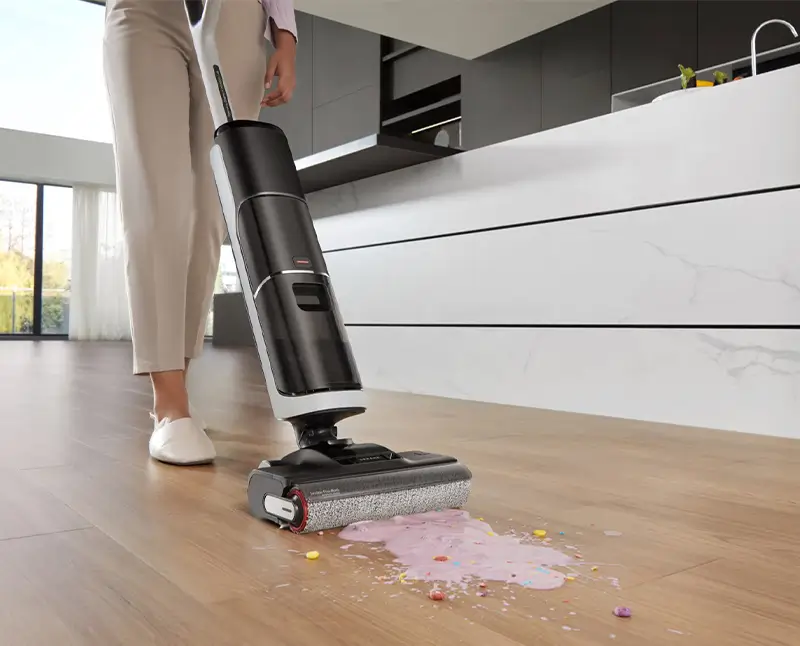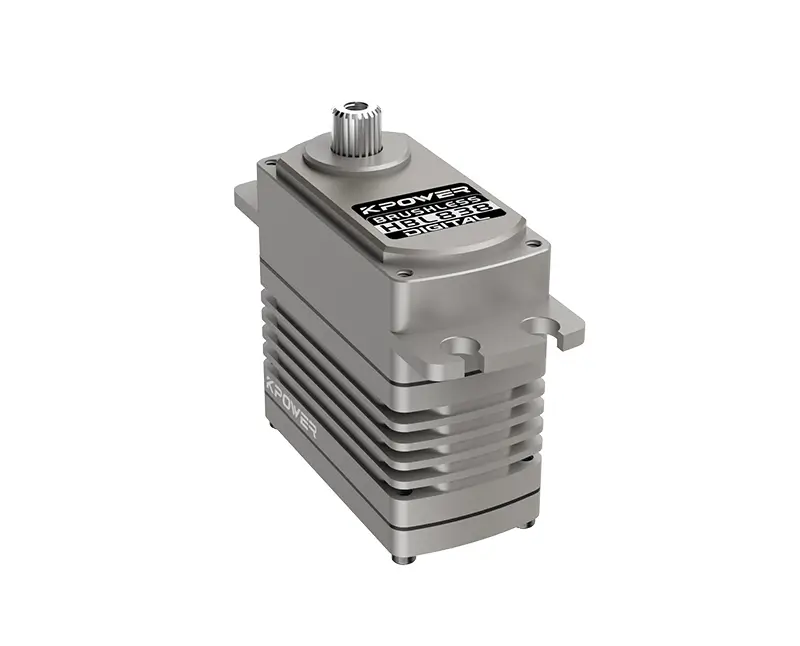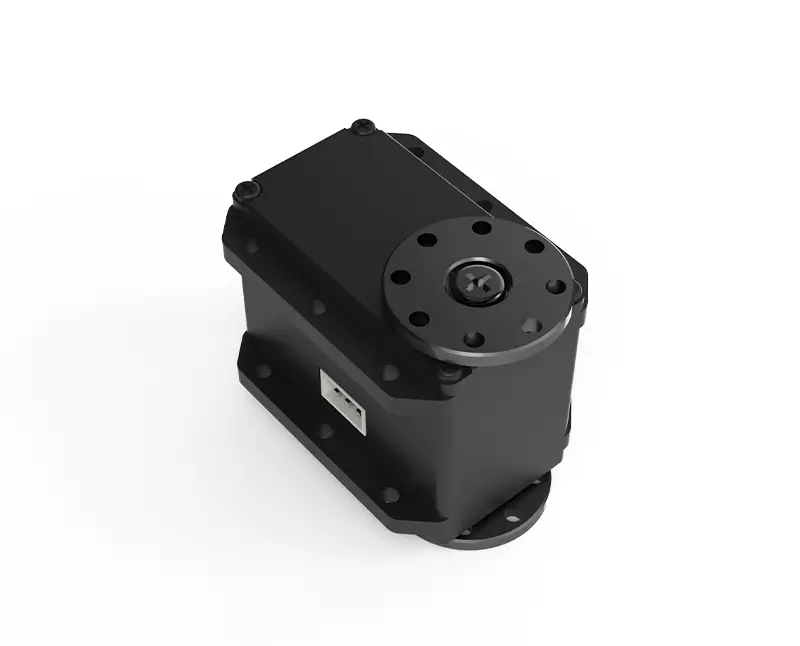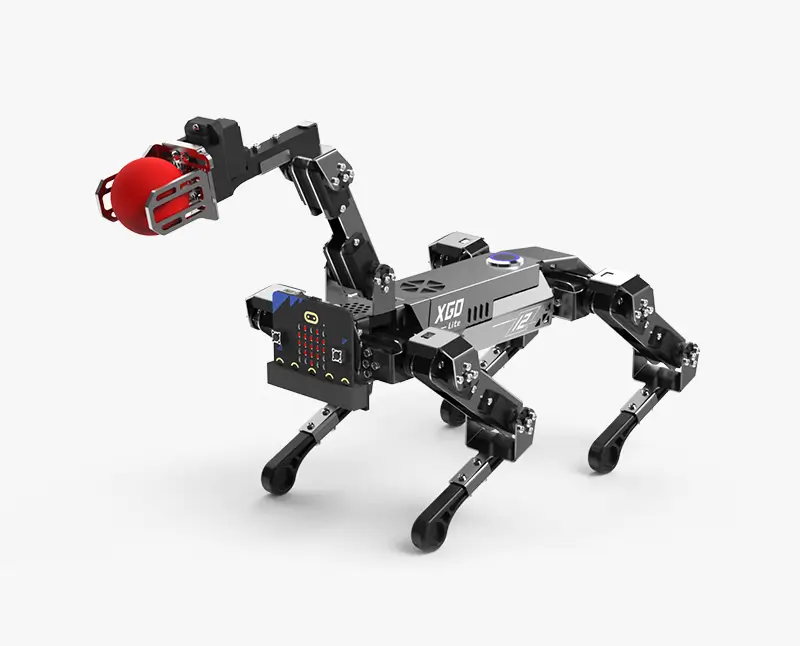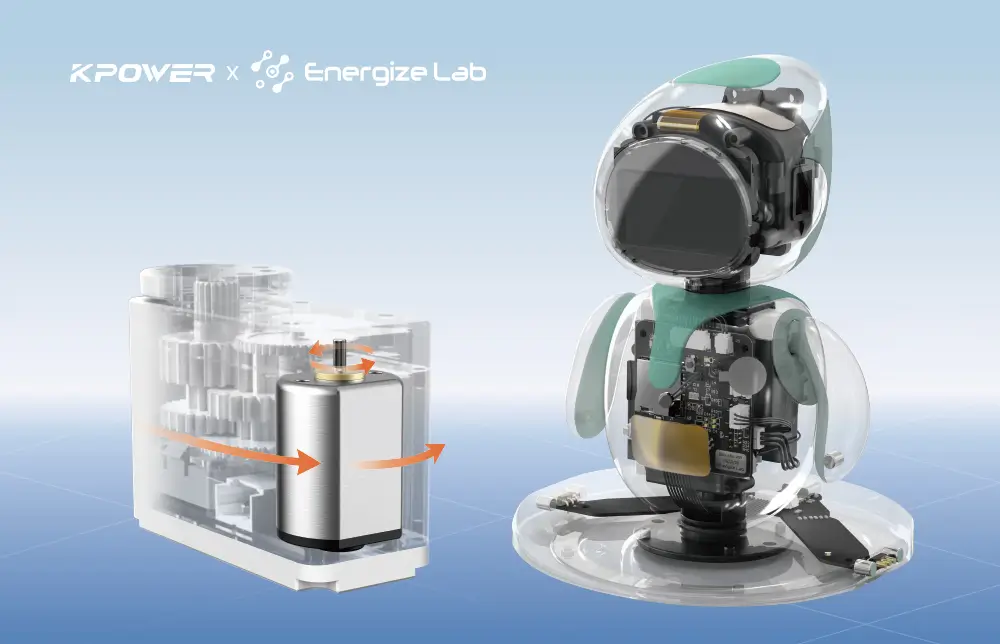AC vs DC Motors: A Battle of Efficiency and Versatility
Electric motors are the unsung heroes of modern technology, powering everything from household appliances to industrial machinery. Among them, AC (Alternating Current) and DC (Direct Current) motors stand out as two fundamental types, each with unique characteristics. But what makes them different? Let’s dive into the kelebihan (advantages) and kekurangan (disadvantages) of these motors to understand their roles in today’s tech-driven world.
.webp)
Understanding AC Motors
AC motors convert alternating current into mechanical energy using electromagnetic induction. They dominate industries and household applications due to their reliability and efficiency. Here’s why they’re so popular:
Advantages of AC Motors
Simplicity in Design and Low Maintenance AC motors, especially induction types, have fewer moving parts compared to DC motors. The absence of brushes or commutators reduces wear and tear, translating to lower maintenance costs and longer lifespans. This makes them ideal for heavy-duty applications like conveyor belts or HVAC systems.
High Efficiency at Scale AC motors excel in high-power applications. They operate efficiently under constant speed conditions, making them perfect for industrial machinery, pumps, and compressors. Their ability to handle large loads without overheating is a significant advantage.
Durability in Harsh Environments With rugged construction and minimal exposure to sparks (due to no brushes), AC motors perform reliably in dusty, humid, or explosive environments. This durability is critical in industries like mining or chemical processing.
Cost-Effective for Long-Term Use While initial costs might be higher than some DC motors, AC motors’ low maintenance and energy efficiency lead to substantial savings over time.
Disadvantages of AC Motors
Complex Speed Control Adjusting the speed of an AC motor requires variable frequency drives (VFDs), which add complexity and cost. This limitation makes them less suitable for applications requiring precise speed adjustments, such as robotics.
Lower Starting Torque Single-phase AC motors often struggle with low starting torque, necessitating additional components like capacitors to kickstart heavy loads. This can increase system complexity.
Size and Weight High-power AC motors are bulkier than their DC counterparts, posing challenges in space-constrained installations.
Where AC Motors Shine
AC motors are the backbone of industrial automation, powering everything from assembly lines to water treatment plants. They’re also common in household appliances like refrigerators and washing machines, where reliability matters more than variable speed control.
DC Motors: Precision Meets Power – But at What Cost?
While AC motors dominate large-scale applications, DC motors carve their niche in precision and portability. From electric vehicles to robotics, their unique traits make them indispensable. Let’s explore their strengths and weaknesses.
Advantages of DC Motors
Precise Speed and Torque Control DC motors offer unmatched control over speed and torque. By simply adjusting the input voltage, users can achieve smooth acceleration and deceleration. This makes them perfect for applications like electric cars, where responsive performance is crucial.
High Starting Torque DC motors deliver maximum torque at startup, enabling them to handle heavy loads from a standstill. This trait is invaluable in cranes, elevators, and electric trains.
Compact and Lightweight Brushed DC motors, in particular, are smaller and lighter than equivalent AC models. This compactness suits portable devices like power tools or drones.
Simpler Drive Systems Unlike AC motors, DC variants don’t require complex external controllers for basic speed adjustments. This simplicity reduces overall system costs in low-power applications.
Disadvantages of DC Motors
Maintenance-Intensive Design Brushed DC motors rely on physical commutators and brushes, which wear out over time. Regular replacements increase maintenance costs and downtime, making them less ideal for continuous-use scenarios.
Limited Lifespan The friction and sparking caused by brushes shorten the motor’s lifespan. In high-speed applications, this degradation accelerates, necessitating frequent replacements.
Efficiency Drop at Low Loads DC motors lose efficiency when operating below their rated capacity. This inefficiency can lead to higher energy costs in applications with fluctuating loads.
Higher Costs for Advanced Models Brushless DC (BLDC) motors, while efficient and durable, come with sophisticated electronics that drive up initial costs.
Where DC Motors Excel
DC motors thrive in applications demanding precision and portability. Electric vehicles leverage their torque control for smooth acceleration, while robotics rely on their responsiveness for accurate movements. They’re also staples in consumer electronics, such as computer fans and cordless appliances.
AC vs DC: Which Should You Choose?
Efficiency vs Control: AC motors win in high-power, constant-speed scenarios, while DC motors dominate where precision is key. Maintenance: AC motors require less upkeep, but DC motors offer easier speed adjustments. Cost: AC motors save money over time; DC motors are cheaper upfront for small-scale uses.
The Future of Motor Technology
Advancements like BLDC motors and smart VFDs are blurring the lines between AC and DC systems. Hybrid solutions and IoT integration promise even greater efficiency and adaptability, ensuring both motor types will remain relevant in the evolving tech landscape.
By weighing the kelebihan and kekurangan of AC and DC motors, businesses and consumers can make informed decisions tailored to their specific needs. Whether it’s the rugged reliability of AC or the precision of DC, understanding these differences unlocks the true potential of modern motor technology.


































.webp)
